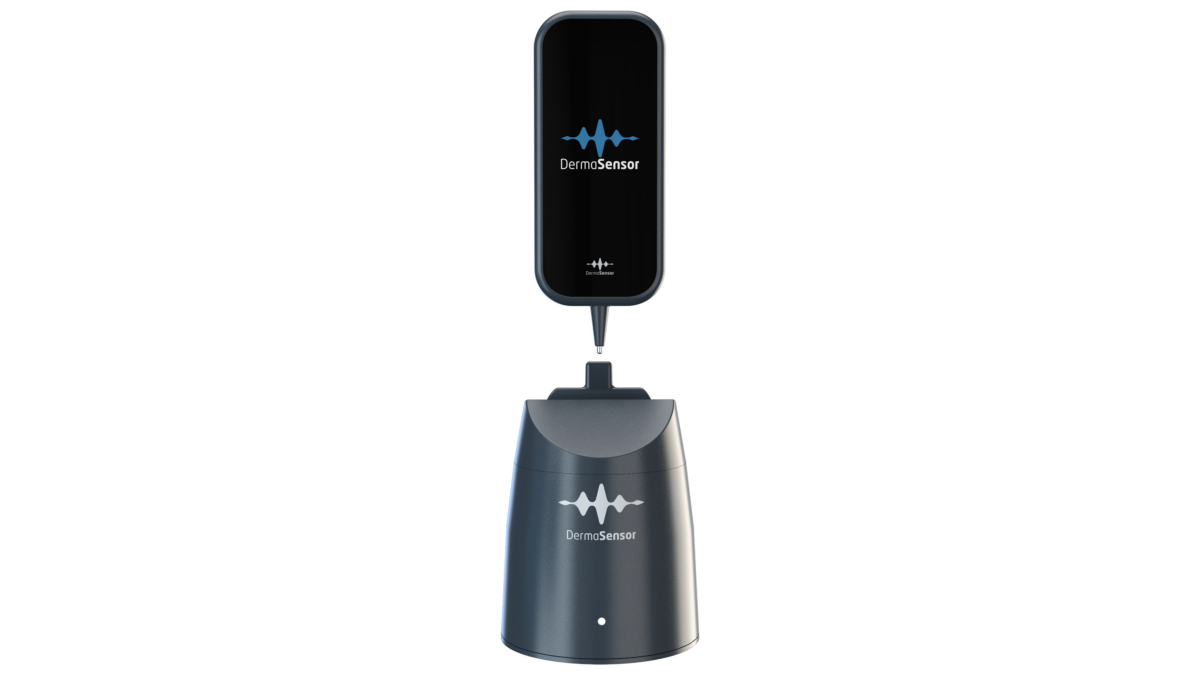Ecommerce has driven the implementation of new technologies and modern architecture to allow for integrated processes, informed decision making, smooth end-to-end transactions and data safety. The growth of ecommerce has spurred expectations of consumer-like experiences in the life sciences industry.
Modern software development concepts from ecommerce applications are helping eClinical applications meet the precise needs of each clinical trial. Many eClinical products can now integrate data from multiple sources and seamlessly access and share data across applications.
Let’s explore how the ecommerce industry is impacting the eClinical industry, with a special focus on interactive response technology (IRT) platforms. IRT solutions help clinical trial sponsors meet the complexities of patient randomization and clinical supply management.
In this Xtalks Spotlight feature, Xtalks spoke with Ryan Ridge, Vice President of IRT Operations at YPrime. Ridge discussed how the ecommerce industry is influencing the eClinical industry. He also shared how modern software development concepts are impacting IRT platforms and transforming the user experience in clinical trials.

“In my opinion, ecommerce is a little bit ahead of eClinical, primarily because eClinical is a much more regulated industry, and ecommerce is free to take a lot more risks and deal with situations where maybe it doesn’t work out,” says Ridge.
Ecommerce and eClinical have many similar goals, such as providing a seamless and easy user experience, having all technology transactions happening in one place in an end-to-end fashion and meeting strict data security requirements and GDPR regulations.
“The challenge in eClinical becomes how do we take some of those lessons learned in the ecommerce industry and put them to work in the eClinical landscape?” he says.
In his interview, Ridge mentions that ecommerce and eClinical face a lot of similar challenges. He gives an example from the COVID-19 pandemic where both industries were unexpectedly confronted with a desire for a version of direct-to-consumer shipping, or direct-to-patient for eClinical. “Those that were able to adapt were able to thrive, and those that weren’t – primarily due to a technology infrastructure – have still been busy trying to catch up,” he says.
There are certainly efforts to apply many lessons learned from the ecommerce and tech industry to the eClinical landscape. According to Ridge, modern software development concepts like microservices architecture are having a positive influence on eClinical software development. Microservices is an approach to application development that allows a large application to be separated into smaller independent parts. Each of these parts is responsible for a certain task and can communicate with other parts though Application Programming Interfaces (APIs).
“The microservice approach is what fundamentally enabled companies like Amazon, Netflix and Hulu and many others just like them to scale at the rate that they did,” Ridge says.
Ridge explains that an increasing number of products across the eClinical scene are embracing microservices. “It allows for a greater response to change in compartmentalizing our technologies and having them integrate with each other,” he says. “It also allows a lot more risk reduction when making changes to your platform.”
Hence, a microservice architecture helps eClinical professionals build a technology that will be able to incorporate the currently unknown integrations of the future.
How is Modern Software Impacting IRT Platforms?
IRT development is a very risk-averse business because IRT systems randomize patients and determine what investigational drug is administered to a participant, among other things. Therefore, the integrity of an entire clinical trial depends on this technology.
Although eClinical professionals are reluctant to change IRT systems, Ridge highlighted examples of challenges in clinical research that are creating the need to innovate IRT platforms. For example, most clinical trials now have at least one protocol amendment.
“As we transition more as an eClinical industry to a follow-the-science mindset, what we’re seeing is more complex protocol amendments. So, the challenge isn’t just, ‘can we do it right the first time?’ It’s, ‘can we do it right every time without jeopardizing the fact that in IRT there is nothing you can accept less than 100 percent quality?’” he asks.
Because of this, Ridge says that IRT platforms must meet the requirements of every protocol version starting from version 1.0 until the database lock of the system. And modern software development concepts like a microservices-based architecture solution can help run and support an adaptive clinical trial.
How Can IRT Platforms Be More Site-Centric?
IRT users at clinical trial sites often worry that they will need to learn a new technology and remember another login.
Ridge explains that thanks to modern architecture like microservices, YPrime can embed their system via integration into other systems. This way the site user has one place to go to complete everything they want, and they have an end-to-end experience.
“Supporting things like the basics of modern technology, SSO [single sign-on technology] and being able to take our system and embed it in another system can make the life of a site user easier by putting everything they need to do in one place,” says Ridge.
The Benefits of a Flexible IRT System
To sponsors and clinical supply professionals, the benefits of a flexible IRT system are many.
Since many clinical trials today need to be implemented rapidly and adaptive to protocol changes, YPrime’s flexible IRT can help sponsors reduce costs and improve speed. This ultimately helps to get medicines to the market faster.
“Additionally, sponsors very much understand the need for excellent project managers, but what often gets overlooked is that you also need great developers and testers,” says Ridge. “So attracting the best and brightest in that realm, you really need to be working on the modern solutions and the cutting-edge solutions.”
As users of the IRT system, clinical supply professionals benefit because they have the flexibility to choose their own front-end experience and not be limited to a provider’s core product.
“Gone are the days of an inflexible system where a supply professional asks for our version of a function,” says Ridge. “The real paradigm should be, ‘what’s your version of this function?’ And you should expect that from your eClinical vendors.”
In working with sites, clinical supply professionals and sponsors, YPrime says their team has gained important insights to implement a robust, flexible IRT system for clinical trials.
Learn more about innovative IRT solutions that anticipate the dynamic and evolving needs of the clinical trial industry in this Xtalks Spotlight discussion with Ryan Ridge.
This article was created in collaboration with the sponsoring company and the Xtalks editorial team.








Join or login to leave a comment
JOIN LOGIN